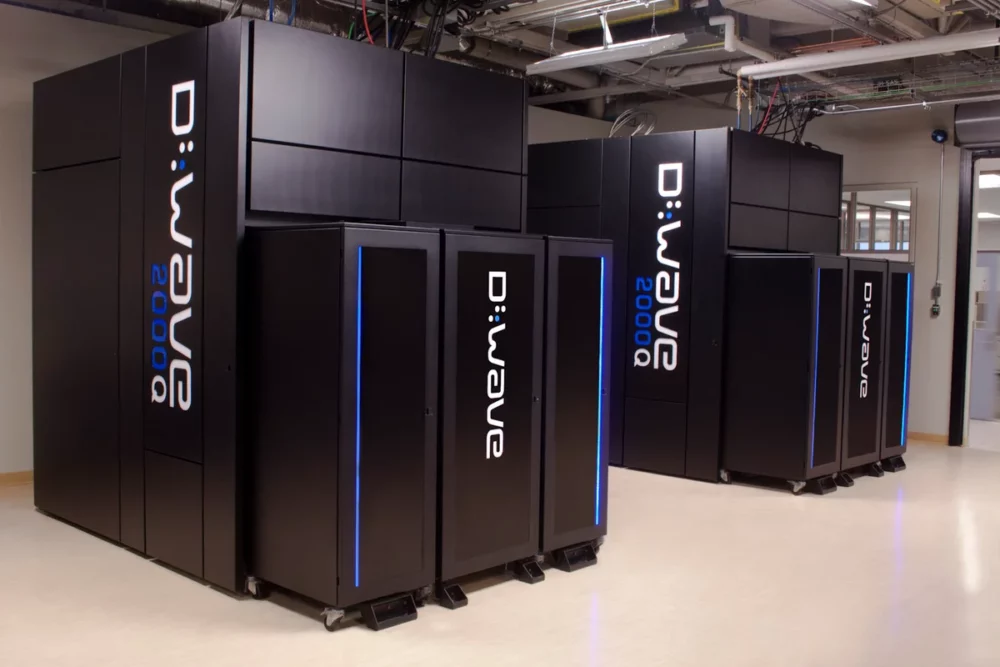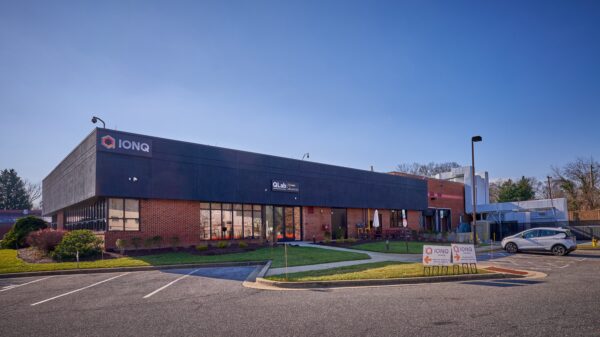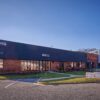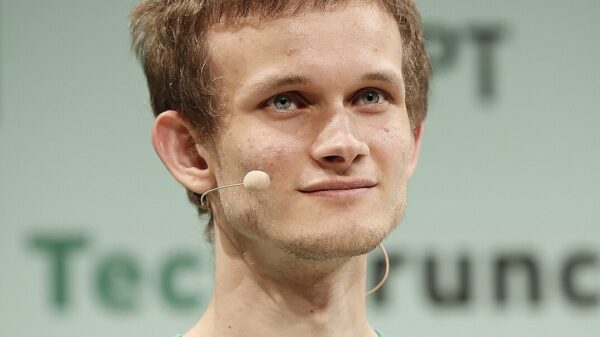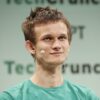Vancouver-based quantum computer company D-Wave Quantum Inc (NYSE: QBTS) has achieved quantum computing “supremacy” over classical computing, according to a new study published in the journal Science.
Published on Wednesday, the peer reviewed collaboration between the University of British Columbia, University of Waterloo, and Jagiellonian University in Poland, came to the conclusion that quantum annealing can accomplish computations that are beyond classical computing.
The paper Beyond Classical Computation in Quantum Simulation states near term QPUs outperform classical methods, but not yet for practical problems.
Classical computers are limited to linear computations. Comparatively, quantum computers explore multiple possibilities simultaneously, making it non linear.
This ability allows quantum computers to perform certain tasks, such as optimization, faster and with less energy than classical computers. However, proving quantum computing’s effectiveness in real world applications is challenging.
Researchers must test quantum computers against classical computers in real world scenarios to validate its capabilities.
Scientists simulated magnetic materials using D-Wave’s Advantage annealing quantum computer and the Frontier supercomputer at the Department of Energy’s Oak Ridge National Laboratory for the experiment.
“We show that several leading approximate methods based on tensor networks and neural networks cannot achieve the same accuracy as the quantum annealer within a reasonable timeframe,” according to the paper.
“Thus quantum annealers can answer questions of practical importance that may remain out of reach for classical computation.”
Read more: D-Wave Quantum sells world’s largest quantum computer to German research firm
Read more: Quantum computing might be around the corner: A Mugglehead roundup
Quantum annealing solves optimization problems
D-Wave specializes in quantum annealing, which solves optimization problems by evaluating multiple possible outcomes and probabilities simultaneously. Companies use this technology in real world applications such as logistics and finance.
The difference between classical computers and quantum computing isn’t widely understood.
Classical computers evaluate potential solutions one at a time. In contrast, quantum annealers use quantum superposition and tunnelling to simultaneously explore multiple outcomes. This approach makes them suitable for problems involving complex decision making, pattern recognition, and logistics.
Potential applications span various industries. In finance, quantum annealing could optimize portfolios by balancing risk and return across numerous assets. In logistics, it could enhance supply chain management by finding the most efficient delivery routes.
Researchers are also exploring its use in drug discovery, where it could help identify promising molecular structures faster than classical simulations. While still in development, quantum annealing has the potential to improve fields that require rapid and efficient problem solving, offering significant advantages in speed and energy efficiency over traditional methods.
Shares of D-Wave rose approximately 46 per cent on the news, trading at USD$10.03 at the time of writing.
.
Follow Joseph Morton on Twitter
joseph@mugglehead.com

